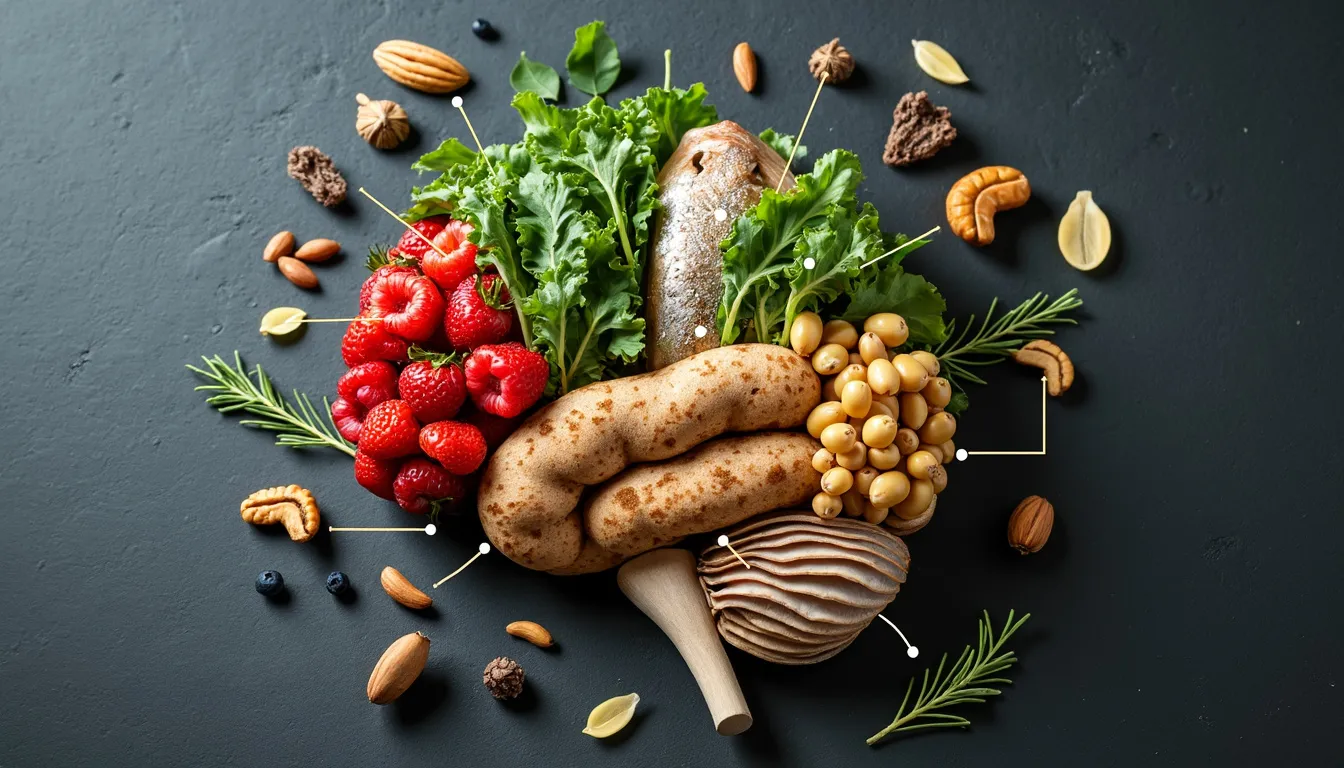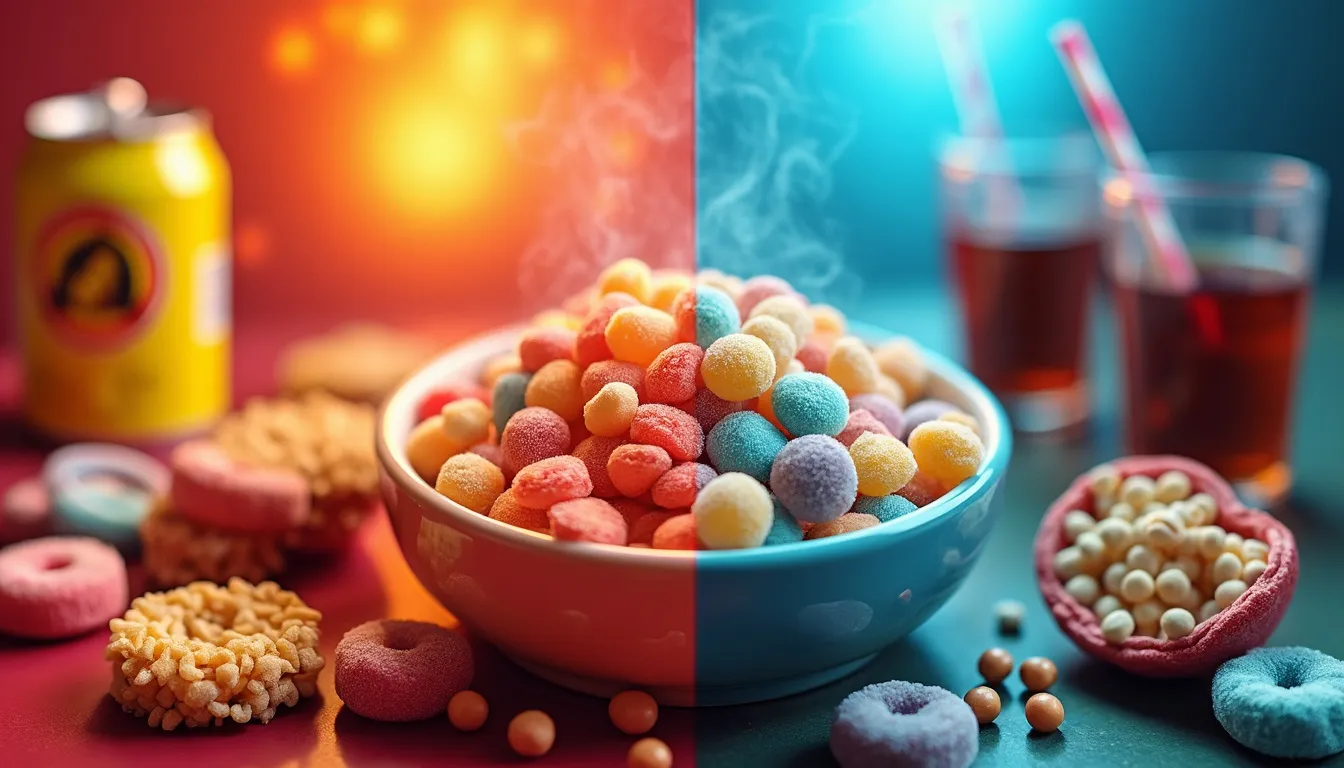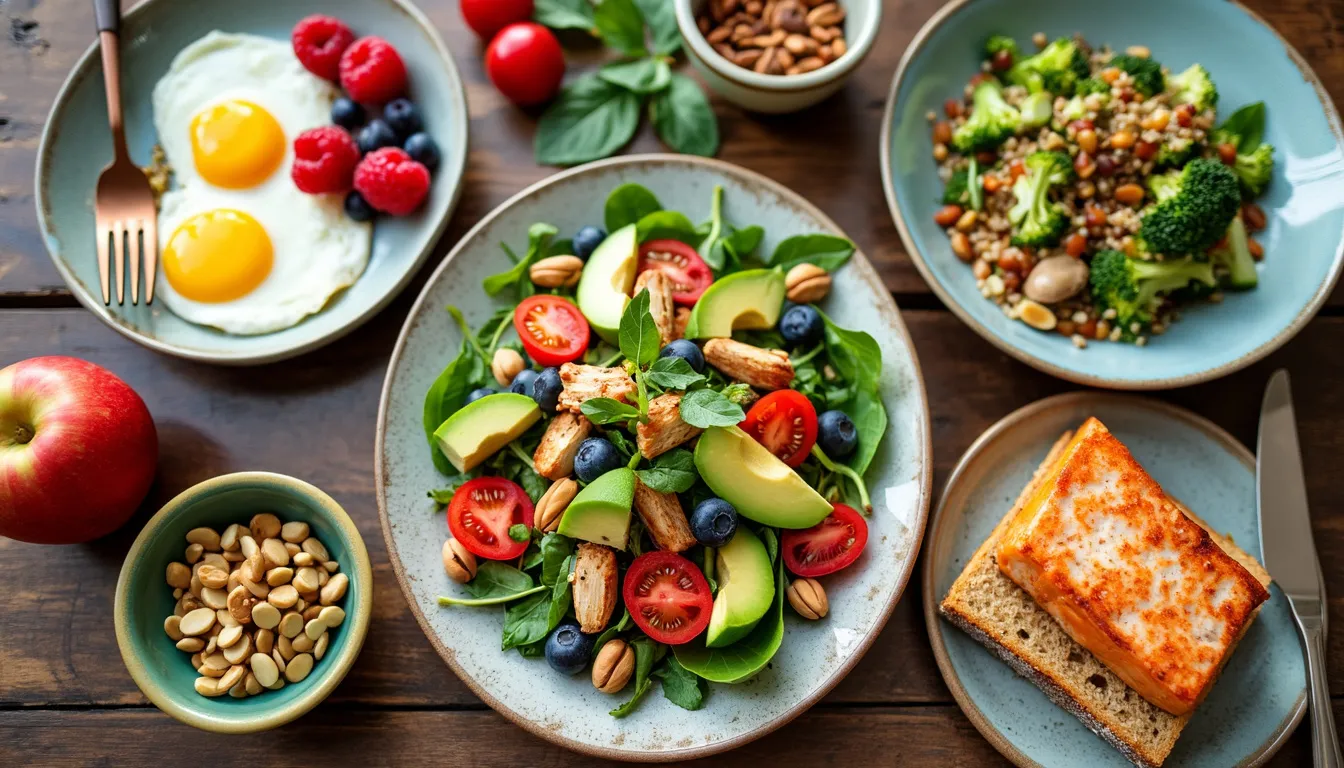Nutrition and ADHD: Best Foods to Support Focus and Manage Symptoms

Nutrition and ADHD are closely linked, with diet playing a significant role in managing ADHD symptoms like impulsivity, attention, and energy levels. While no diet can cure ADHD, certain foods may help improve focus, stabilize mood, and reduce hyperactivity. This article provides practical advice on foods to include and avoid to help manage ADHD more effectively.
The Connection Between Diet and ADHD

Research suggests that people with ADHD may experience improvements in behavior and cognitive function when their diet is carefully managed. Nutritional interventions can affect ADHD symptoms through various pathways, including stabilizing blood sugar levels, reducing inflammation, and altering neurotransmitter activity. Here, we explore how specific dietary choices can help manage or hinder the symptoms of ADHD. To understand the broader context of cognitive health and how ADHD impacts it, check out Is ADHD a Cognitive Disability?
Here, we explore how specific dietary choices can help manage or hinder the symptoms of ADHD.
Foods That Help Manage ADHD

-
Protein-Rich Foods: Protein is essential for the production of neurotransmitters such as dopamine and norepinephrine, which are often dysregulated in individuals with ADHD. Including protein sources in every meal can help improve attention and decrease impulsivity. Good sources include lean meats, fish, eggs, beans, and nuts. For an overview of how dietary improvements, such as incorporating protein, can influence focus and attention in daily life, explore our career insights for individuals with ADHD.
-
Complex Carbohydrates: Complex carbs are beneficial for maintaining stable blood sugar levels, which is crucial for managing mood swings and energy levels. Foods like whole grains, fruits, and vegetables release sugar gradually into the bloodstream, providing steady energy and a calm, focused state of mind.
-
Omega-3 Fatty Acids: Omega-3s are vital for brain health, particularly EPA and DHA, which are found in high concentrations in the brain and are essential for cognitive function and behavior management. Fatty fish like salmon, sardines, and mackerel, as well as flaxseeds and walnuts, are excellent sources of omega-3 fatty acids. For more information on the benefits of omega-3s for ADHD, explore our in-depth guide on this essential nutrient.
Foods to Avoid
-
High-Sugar Foods: Sugary foods and beverages can cause spikes in blood sugar levels, leading to hyperactivity followed by crashes in energy and mood. Avoiding candy, sugary cereals, sodas, and other sweets can help stabilize energy levels throughout the day. Learn more about the impact of high-sugar foods on ADHD behavior, especially on mood stability in the mornings.
-
Artificial Additives: Some studies suggest a link between certain food colorings and additives and increased ADHD symptoms. Being mindful of ingredients and opting for natural, minimally processed foods can help minimize potential negative impacts.
-
Simple Carbohydrates: Simple carbs, like those found in white bread, pastries, and other refined grains, can have a similar effect to sugar, causing quick spikes and drops in blood sugar levels.

Sample Meal Plans and Nutritional Tips
To integrate these guidelines into daily life, here’s a simple, ADHD-friendly meal plan for one day:
- Breakfast: Scrambled eggs with spinach served on whole-grain toast, paired with a side of fresh berries.
- Lunch: Grilled chicken salad with mixed greens, cherry tomatoes, avocados, and a dressing made from olive oil and lemon.
- Snack: A small handful of mixed nuts and an apple.
- Dinner: Baked salmon with a side of quinoa and steamed broccoli.
Conclusion: Nutritional Changes for Better ADHD Management
While managing ADHD with diet alone isn’t feasible for everyone, making informed nutritional choices can significantly affect overall well-being and symptom severity. Incorporating balanced meals rich in proteins, complex carbohydrates, and omega-3 fatty acids while avoiding high sugar and processed foods can help stabilize mood, improve focus, and provide steady energy levels throughout the day.
Understanding how different foods affect your body and symptoms can empower you to make choices that support your health and manage your ADHD more effectively. Remember, dietary changes should complement other treatment strategies for ADHD, such as medication and behavioral therapy. Always consult with a healthcare provider or a nutritionist specialized in ADHD before making significant changes to your diet.


